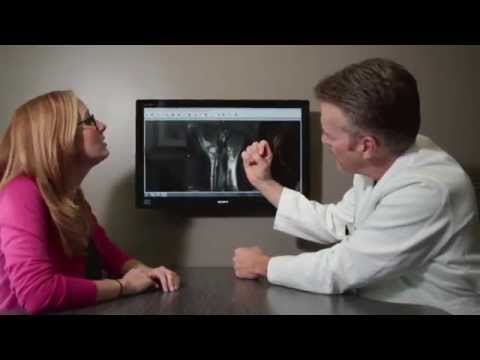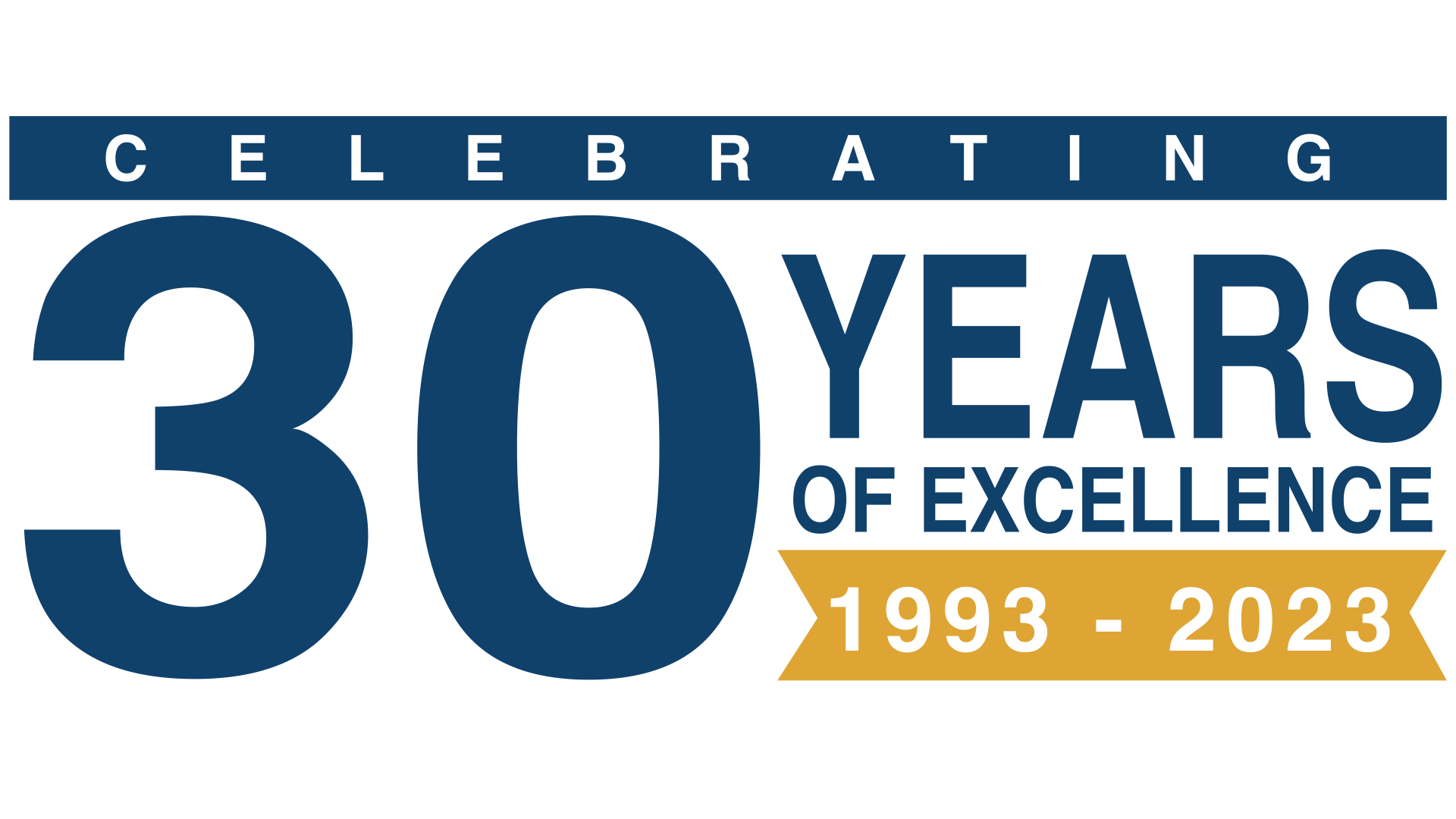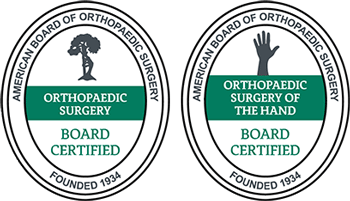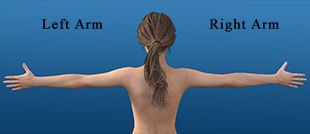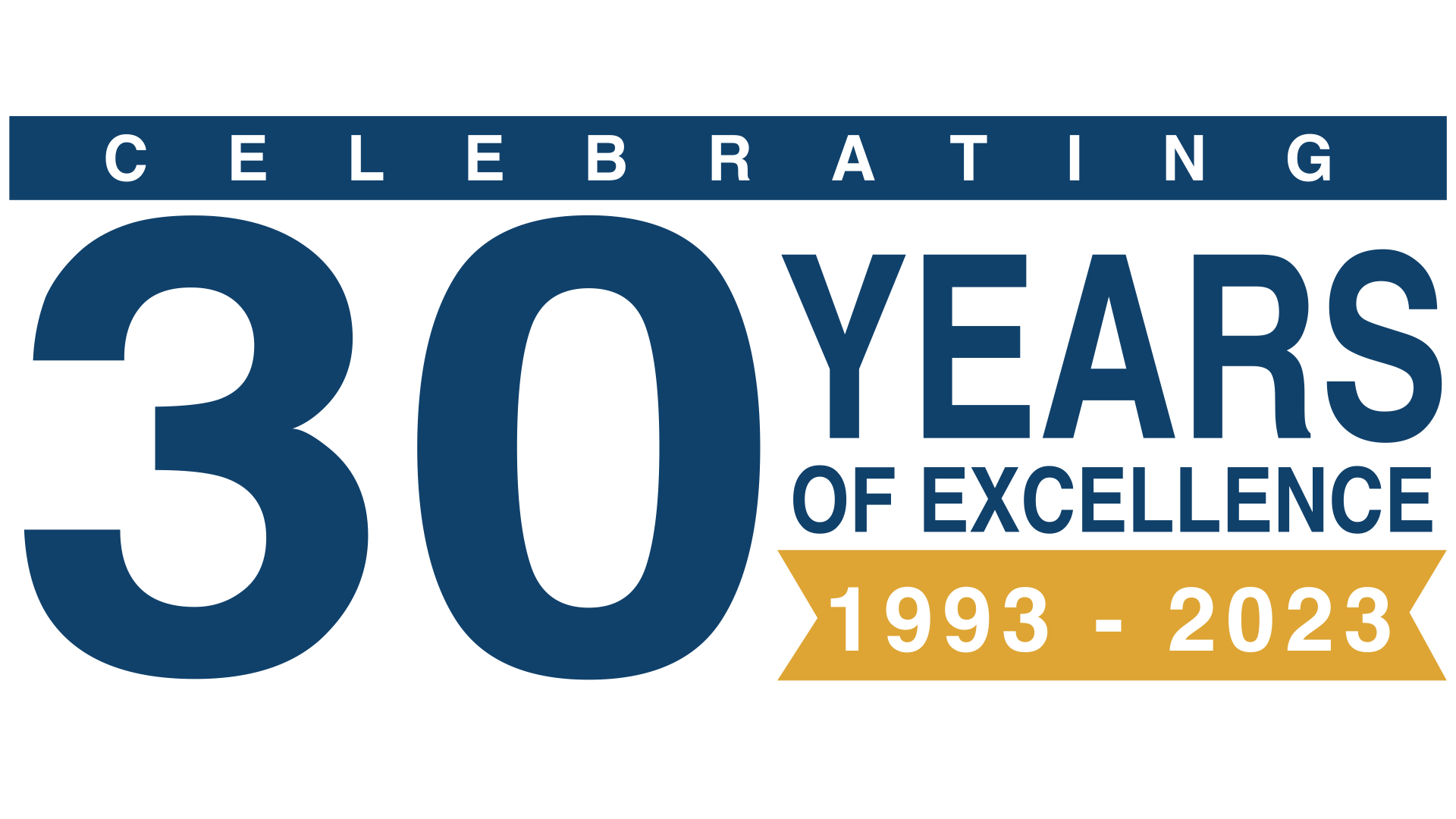Tips for Returning to Exercise or Sports After Hand Surgery
A hand injury can feel devastating if you’re dedicated to an exercise regimen or involved in sports. Though taking time off from these beloved activities is difficult, it’s important to give your hand time to recover following any surgical procedure. The recovery time from surgery varies by patient, but the following tips will help you get back to your exercise or sports as quickly as possible.
Contents
Adhere To All Restrictions
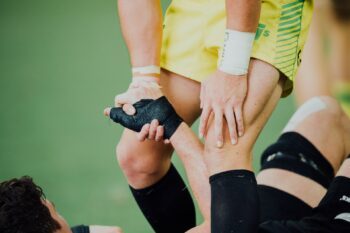 You must follow all the rules and restrictions your surgeon gives you before and after your surgery. Recovery time is greatly impacted by the patient’s ability to follow their healthcare provider’s directions diligently. Some common instructions you may have to follow are to maintain a healthy diet with ample protein and complex carbohydrates and refrain from indulging in junk food to make yourself feel better during your recovery. Your body needs good fuel to recover, including plenty of protein to support healing.
You must follow all the rules and restrictions your surgeon gives you before and after your surgery. Recovery time is greatly impacted by the patient’s ability to follow their healthcare provider’s directions diligently. Some common instructions you may have to follow are to maintain a healthy diet with ample protein and complex carbohydrates and refrain from indulging in junk food to make yourself feel better during your recovery. Your body needs good fuel to recover, including plenty of protein to support healing.
Your surgeon may also tell you to avoid cigarettes, as smoking slows down the healing process, and alcohol because it weakens the immune system and can disrupt sleep, which is important during the healing process. You may also have to keep your hand elevated post-surgery.
You can make sure your hand stays elevated while you’re sleeping by placing it between two pillows with rolled towels on either side. Secure the pillows together with large safety pins, so your arm stays inside. The pillows and towels will keep the arm elevated and make it easier and more comfortable to hug your elevated arm to your body if you sleep on your side.
Each surgery is different, so your surgeon may have different instructions for you. Do exactly as you’re advised, and feel free to make an appointment or contact your surgeon’s office if you have questions at any time. Taking proper care of your hand post-surgery is critical to the healing process.
Start Rehabilitation Therapy on Time
Your hand will recover more slowly if you move it too much or too little following surgery. You should use your hand within the acceptable range of motion as often as possible. If you don’t use your hand at all, you may experience stiffness that increases your overall recovery time. If your surgery impacted only part of your hand, such as your thumb, make sure you’re still moving the other parts, such as your wrist, forearm, and finger, so your muscles don’t weaken in these areas while you’re recovering.
Make an appointment with a physical therapist as recommended by your surgeon. Don’t delay, as physical therapy is one of the best things you can do for your recovery. Your therapist will recommend movements and exercises specific to your individual needs. Common exercises include:
- Clenching and unclenching your fist.
- Touching your thumb to your fingers one at a time, then straightening them.
- Tapping your fingers on a flat surface one at a time.
- Extending and bending your fingers.
- Bending your wrist forward and backward.
Follow Your Physical Therapy Exercises at Home
Ask plenty of questions at your physical therapy appointments to ensure you fully understand the directions for your at-home therapy. If you’re not confident about the right way to perform a particular movement, continue practicing with your therapist until you’re comfortable doing it on your own.
Physical therapy isn’t meant to take place solely in the office. You should continue your exercises at home to get the full benefit of the therapy and support your recovery. In most cases, this involves a strict daily regimen of prescribed movements. The better you are at keeping up with these exercises, the quicker you will be able to return to exercise and sports.
Don’t push yourself beyond the guidelines set by your physical therapist. Get the therapist’s clearance before you do more than the recommended number of exercises. Pushing yourself to go above and beyond may set you back in the recovery process, as it could cause you to re-injure your hand.
Modify Your Sports and Exercise Routines
Though you need to rest your injured hand post-surgery, this doesn’t mean you need to stay confined to bed. In fact, keeping your body fit and healthy is as important now as at any other time. If you’re accustomed to a particular type of exercise, you may need to modify your routine and activities to accommodate your new restrictions. If you’re used to performing upper body workouts, switch to lower body exercises while your hand is recovering. Your physical therapist or physician can recommend the safest exercises for you during your recovery period.
If you’re struggling with sports restrictions, find other ways to stay involved in the game while you recover. This may include studying game books, analyzing videos of previous game performances, and supporting the team from the bench even when you can’t yet take to the field. Remember that you don’t have to stay home and avoid your preferred sports altogether just because you can’t play. There are many ways that you can stay active and involved throughout your recovery period.
Consult With a Specialist Before Engaging in Strenuous Activity
Your surgeon or another specialist should thoroughly assess the condition of your hand and give you the all-clear before you return to sports or exercise after hand surgery. Do not simply return to these activities without first speaking with a healthcare professional. Though your surgeon may have given you an estimated time for your recovery, you shouldn’t assign this to yourself as a definitive timeline for returning to these activities.
If you return to strenuous physical activity before you’re fully cleared, you could do more damage to your hand, potentially extending your recovery time or causing a more permanent injury. Your healthcare provider should test your reflexes and use imaging tests, such as X-rays, to determine when you can safely return to sports or exercise.
If you have any questions about your hand injury or recovery process, contact our team at The Hand and Wrist Institute. We can help you plan for the safest and fastest recovery possible.
Image by CHUTTERSNAP is licensed with Unsplash License



